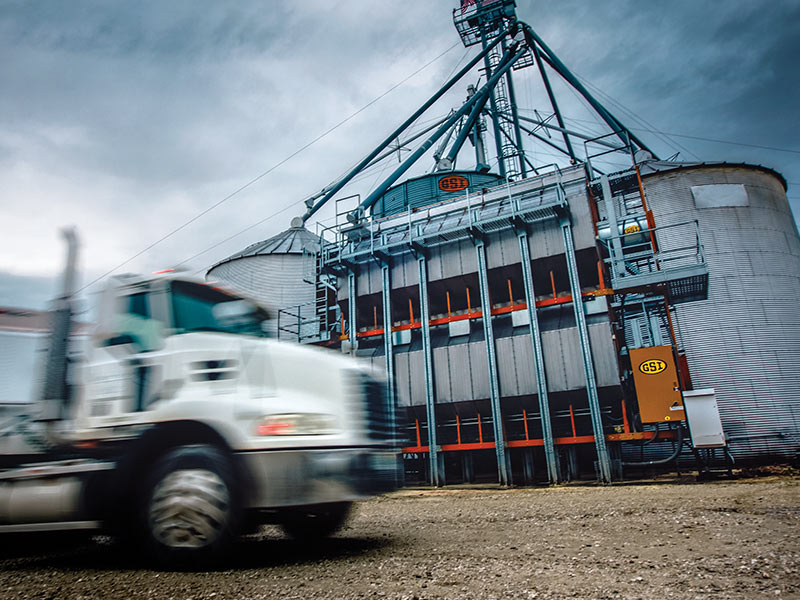Friday, August 9, 2019
(August 9, 2019) — The Propane Education & Research Council (PERC) is encouraging agricultural producers to consider filling their propane tanks early to prepare for higher demand this fall from later harvests and increased grain drying needs. Noted is that record-breaking flooding in the Midwest and saturated soil in many states delayed planting of most crops, which will delay harvests as well.

Later harvests and an increase in crop drying—the majority of which is fueled by propane—will cause propane demand to be higher in the late fall, when it is already higher due to rising residential and agricultural heating needs. PERC recommends farmers contact their propane supplier to inquire about fuel contract opportunities to lock in lower prices, and fill propane tanks early.
“We typically see an increase in propane demand due to harvest and then months later due to winter needs for ag and home heating,” said Mike Newland, director of agriculture business development at PERC. “This year we expect these events to be closer together than usual, creating higher propane demand at one time. Producers can ensure they have the propane they need to power their farms throughout fall and winter by planning ahead and taking advantage of savings by filling tanks early.” The council comments that propane supply is expected to be abundant, but like other energy sources the price of propane is market driven and fluctuates as demand changes.
To learn more about the use of propane on the farm and the Propane Education & Research Council, visit www.propane.com.

Later harvests and an increase in crop drying—the majority of which is fueled by propane—will cause propane demand to be higher in the late fall, when it is already higher due to rising residential and agricultural heating needs. PERC recommends farmers contact their propane supplier to inquire about fuel contract opportunities to lock in lower prices, and fill propane tanks early.
“We typically see an increase in propane demand due to harvest and then months later due to winter needs for ag and home heating,” said Mike Newland, director of agriculture business development at PERC. “This year we expect these events to be closer together than usual, creating higher propane demand at one time. Producers can ensure they have the propane they need to power their farms throughout fall and winter by planning ahead and taking advantage of savings by filling tanks early.” The council comments that propane supply is expected to be abundant, but like other energy sources the price of propane is market driven and fluctuates as demand changes.
To learn more about the use of propane on the farm and the Propane Education & Research Council, visit www.propane.com.

